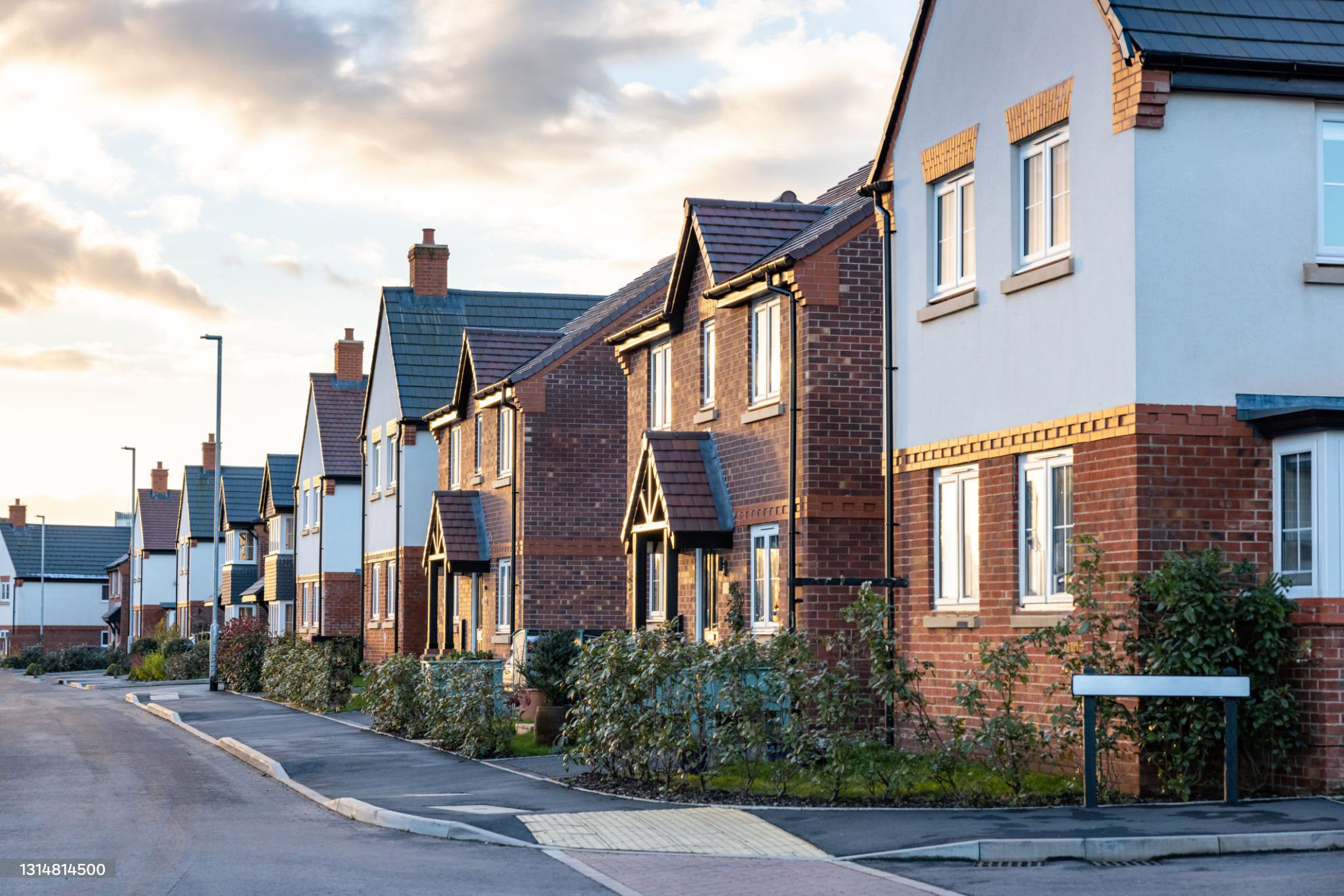Selling 26% above market valuation

- Published:
- 12th December 2025
- Posted in:
This is about both parties making an agreement and being delighted with the outcome.
The Landlord entered the letting agents (March 2018) and placed a four bedroom detached house on the market to rent, with two different letting agents. After two months of marketing, the property was not let and the landlord was losing money and patience. The simple fact is, no tenant wanted to live there, the property was tired, worn and battered.
The Landlord was frustrated. He had several student properties and previously let this particular one as a five bedroom student HMO (House in Multiple Occupancy), however, the law changed and the landlord now needed a HMO license which meant spending lots of capital he didn't have on new fire doors, fire alarm, windows, kitchens etc to try and meet the new regulations.
He had the property on the market at £1,250pcm, for 2 months, with no interest. What to do?
Introduce The Property Step System
The Tenant Buyer offered the landlord the full market rent of £1,250pcm for seven years. The landlord was interested but rightly pointed out rents increase. So the Tenant Buyer offered a fixed £25 per annum rent increase, every year, for the next seven years. The landlord was very happy with that.
However, the property was in poor condition and no one wants to spend their hard earned money on a property they don't own. The valuation for this property, at this moment in time, in this condition, was £300,000. The Tenant Buyer was happy with this and offered £300,000. However, the landlord didn't really want to sell the property and it would have to be worth this while. The landlord said, he would only sell at £380,000.
A whopping 26% higher than the current market value.
The tenant buyer agreed.
What! I hear you say! ... The Landlord has agreed to sell 26% higher than the market value AND renting at full market rent, when no one else wants the property AND a fixed £25p.a. rent increase!
What's the catch? Has the tenant buyer hit his head?
The landlord was delighted.
- No letting agents fees
- No maintenance
- No void periods, or utility bills
- A tenant that will spend their money refurbishing the house
- A secure fixed income for 7 years
- And if the property is sold after 7 years or during this period, a great return on investment achieved.
The Tenant Buyer is this particular case, was out founder and CEO.
No tenant wants to spend tens of thousands on a house the do not own. However, this mindset changes knowing the purchase price is fixed and one day the property could be purchased. It means the tenant can add value, knowing it will be the tenant that benefits. (A new kitchen, complete redecoration, etc etc)
Knowing a set purchase price and fixed outgoings means someone can make a solid plan. There is a goal to focus on. A deposit can be saved over this 7 year period.
The contract was agreed, via solicitors. The tenant buyer then refurbished the house, adding value, with a new kitchen, new re-wire, re-plumb, new shower rooms, new flooring and obtained planning permission to turn the property into a 7 bed HMO. By adding value, the rent increased to £2,800pcm and later increased to £3,500pcm.
With approximate gross figures, the monthly profit of £1,500, multiple by 12 months, multiple by 7 years = £120,000.
If the purchase price is £380,000, with a deposit of £120,000 = this is a 30% deposit. In this case, the tenant buyer, used this house, to buy this house. The monthly profits were used as a deposit.
**************************
The next point is just a bonus and cannot be replied upon when doing these type of transactions. You cannot rely on property prices increasing. The initial agreement is based on factual, fixed prices.
Fast forward seven years, the house price has increased, mainly due to the work the tenant buyer put in and the planning permission sought, the property value (October 2024) was now at £500,000.
The tenant buyer obtained a mortgage of £375,000 (75% LTV Loan to Value), but with a purchase price of £380,000, only needs to add £5,000 to the deposit (plus stamp duty and legal fees)
Both parties delighted. A WIN - WIN for both parties.